In the sprawling, adventure-rich world of Baldur's Gate 3, players encounter a myriad of compelling characters, each with their unique stories and offers that test morality, courage, and wisdom. One such character, Auntie Ethel, presents players with a haunting choice: the option to sacrifice an eye in exchange for certain benefits. This decision isn't just a mere transaction; it's a moment that could define the course of your journey throughout the game. The curious and somewhat morbid offer from Auntie Ethel has spurred countless discussions among players, highlighting its significance in the overall gameplay experience in Baldur's Gate 3.
This article delves into who Auntie Ethel in BG3 is, and the eerie proposition she presents to sacrifice your eye. Exploring the pros and cons of accepting Auntie Ethel's deal becomes crucial for players navigating this supernatural dilemma. Deciding whether or not to let Auntie Ethel take your eye involves weighing the immediate advantages against potential future repercussions. Through an examination of possible outcomes, including what happens if Auntie Ethel takes your eye and the impact it holds for your character's development, this piece aims to guide players on whether the sacrifice is worth the uncertain reward.
Who is Auntie Ethel in Baldur's Gate 3?
Introduction to Auntie Ethel
Auntie Ethel emerges as a notable character in Baldur's Gate 3, first encountered in the Hollow of the Emerald Grove. She is known for her peculiar trade in potions, lotions, and other quirky sundries, catering primarily to the Tiefling refugees. Her initial appearance is that of a benevolent old woman, eager to offer solutions to the problems she perceives in those she meets.
Her Role in the Game
Auntie Ethel's role extends beyond mere trading. She invites the players to her home, the Riverside Teahouse in the Sunlit Wetlands, under the guise of providing aid. However, her true nature is revealed when she proposes a grim exchange for her services — the removal of an eye. This request hints at her deeper, more malevolent identity as a hag, which is fully unveiled during later encounters. Throughout the game, Auntie Ethel can be encountered in various guises and locations, each revealing more about her capabilities and intentions, making her one of the game's more complex and intriguing characters.
The Offer: Sacrificing Your Eye
In the haunting depths of the Riverside Teahouse, players uncover Auntie Ethel's true intentions when they find her holding a local pregnant woman captive. Here, Auntie Ethel presents a chilling bargain: the removal of the Mindflayer parasite infesting the player's brain in exchange for one of their eyes. Players have the autonomy to choose which eye to sacrifice, a decision that significantly impacts gameplay.
The Encounter at Riverside Teahouse
Upon entering the Riverside Teahouse, players encounter Auntie Ethel in a more sinister setting than previously anticipated. The teahouse, located on the west side of the Sunlit Wetlands, serves as a façade for her darker dealings. It is here that players must navigate the moral complexities of Auntie Ethel's offer. The choice to engage with her offer depends on prior actions, such as whether players have breached the illusory wall behind the teahouse fireplace or have previously antagonized her.
Details of the Offer
Auntie Ethel's proposal is as deceptive as it is tempting. She offers to extract the Mindflayer parasite, a promise that appeals to any player seeking relief from the looming threat. However, the trade involves sacrificing an eye, which Auntie Ethel replaces with a magical green one. This new eye alters the player's abilities, granting a +1 bonus on intimidation checks but imposing a disadvantage on perception checks and attacks against hags. Additionally, if players express dissatisfaction after realizing the parasite remains, Auntie Ethel compensates with a one-time use potion, Auntie Ethel's Charm, which temporarily enhances all ability checks until the next long rest.
This section of the journey with Auntie Ethel not only tests the player's decision-making but also highlights the consequences of their choices in the mystical and perilous world of Baldur's Gate 3.
Pros and Cons of Sacrificing Your Eye
Benefits: +1 Intimidation
When players decide to sacrifice an eye to Auntie Ethel in Baldur's Gate 3, they receive a distinct advantage in certain interactions. The replacement of the player's eye with a magical green one grants them a +1 bonus on intimidation checks. This enhancement can prove beneficial in scenarios where coercion might sway the outcome in the player's favor, providing a tactical edge in negotiations or threats.
Drawbacks: Disadvantage on Perception
However, the decision to sacrifice an eye comes with significant drawbacks. The most notable is the disadvantage on perception checks and attacks against hags, including Auntie Ethel herself. This disadvantage can be particularly detrimental in the "Save Mayrina" quest, where battling Auntie Ethel is inevitable. Perception plays a critical role in detecting traps and secrets throughout the game, and a diminished ability in this area could hinder the player's overall effectiveness and safety.
Conclusion: Should You Sacrifice Your Eye?
Through this exploration, it becomes clear that the eerie proposition from Auntie Ethel to sacrifice an eye in Baldur's Gate 3 is not a decision to be taken lightly. While the immediate gain of enhanced intimidation abilities might seem appealing, the long-term consequences, such as the disadvantage on perception checks and challenges faced in battles against hags, underscore the complexity and depth of decision-making within the game. Players are compelled to weigh their choices carefully, considering both the immediate benefits and the potential impacts on their future journey in the mystical world of Baldur's Gate 3.
The deliberation over Auntie Ethel's offer exemplifies the broader implications of player choices in video games, echoing the significance of thoughtful decision-making in real-life scenarios. Not only does this choice affect gameplay mechanics, but it also offers a reflection on the values and priorities that guide us, both in-game and out. As such, further research or exploration into the consequences of critical decisions in video games could enhance our understanding of their impact on player experience and narrative involvement, offering rich insights into the intricate interplay between player agency and game design.
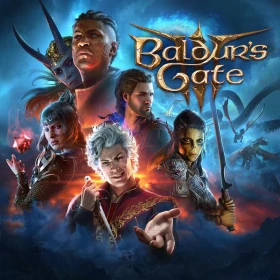
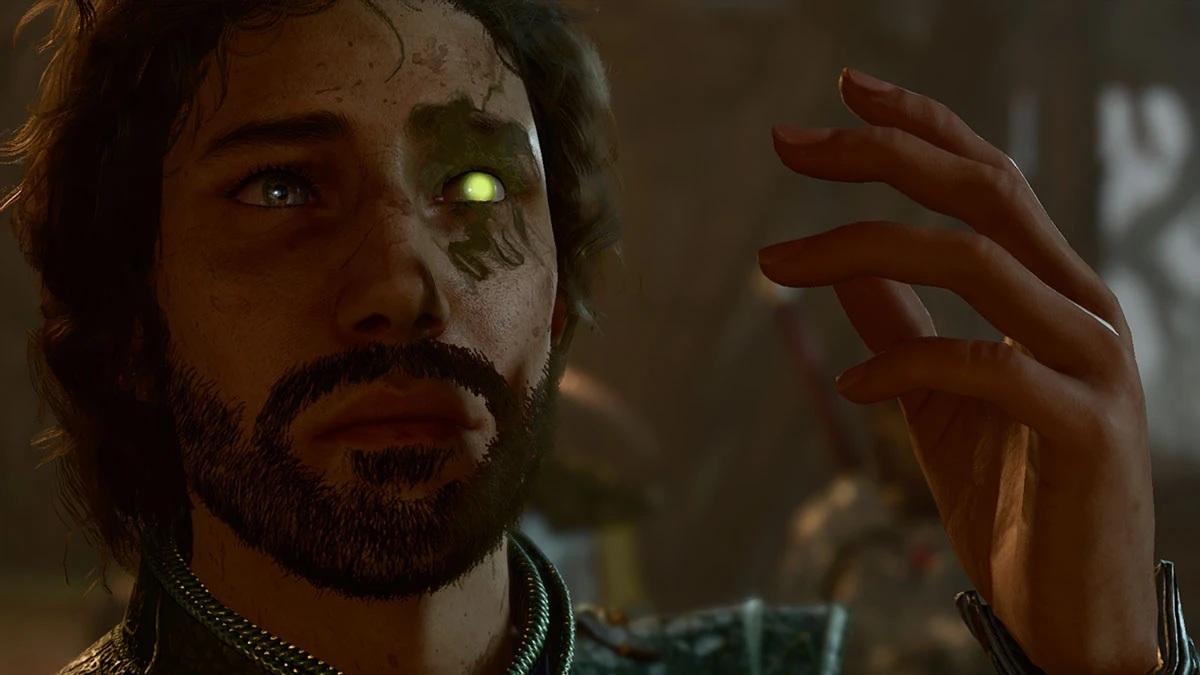
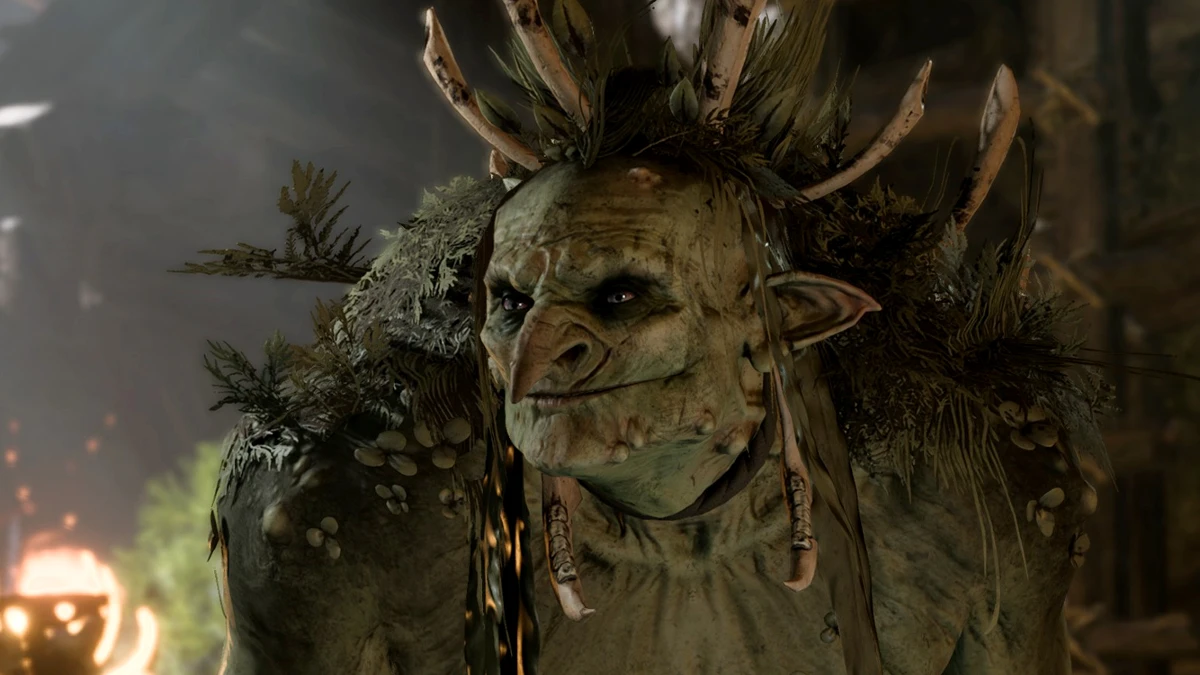
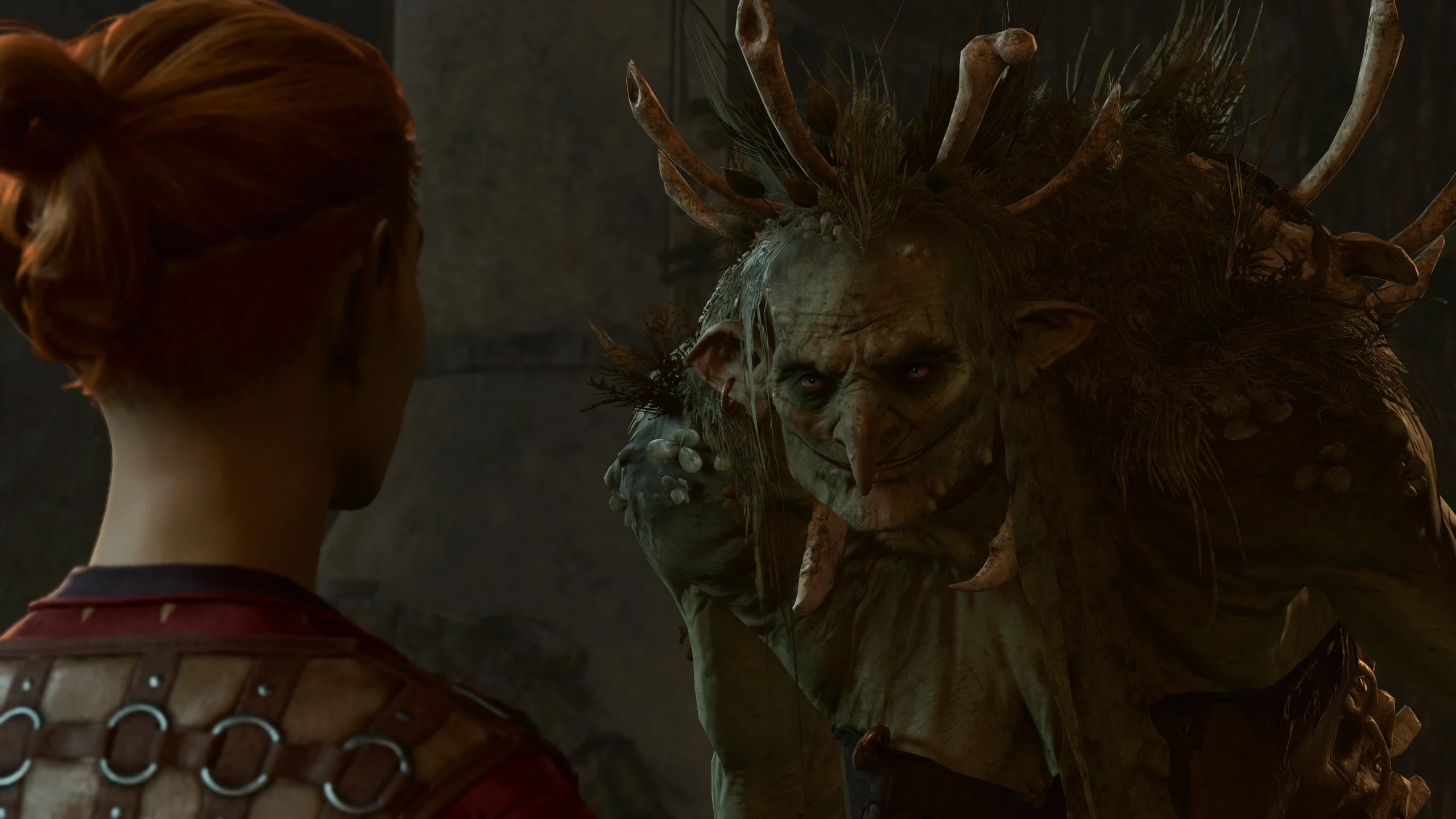
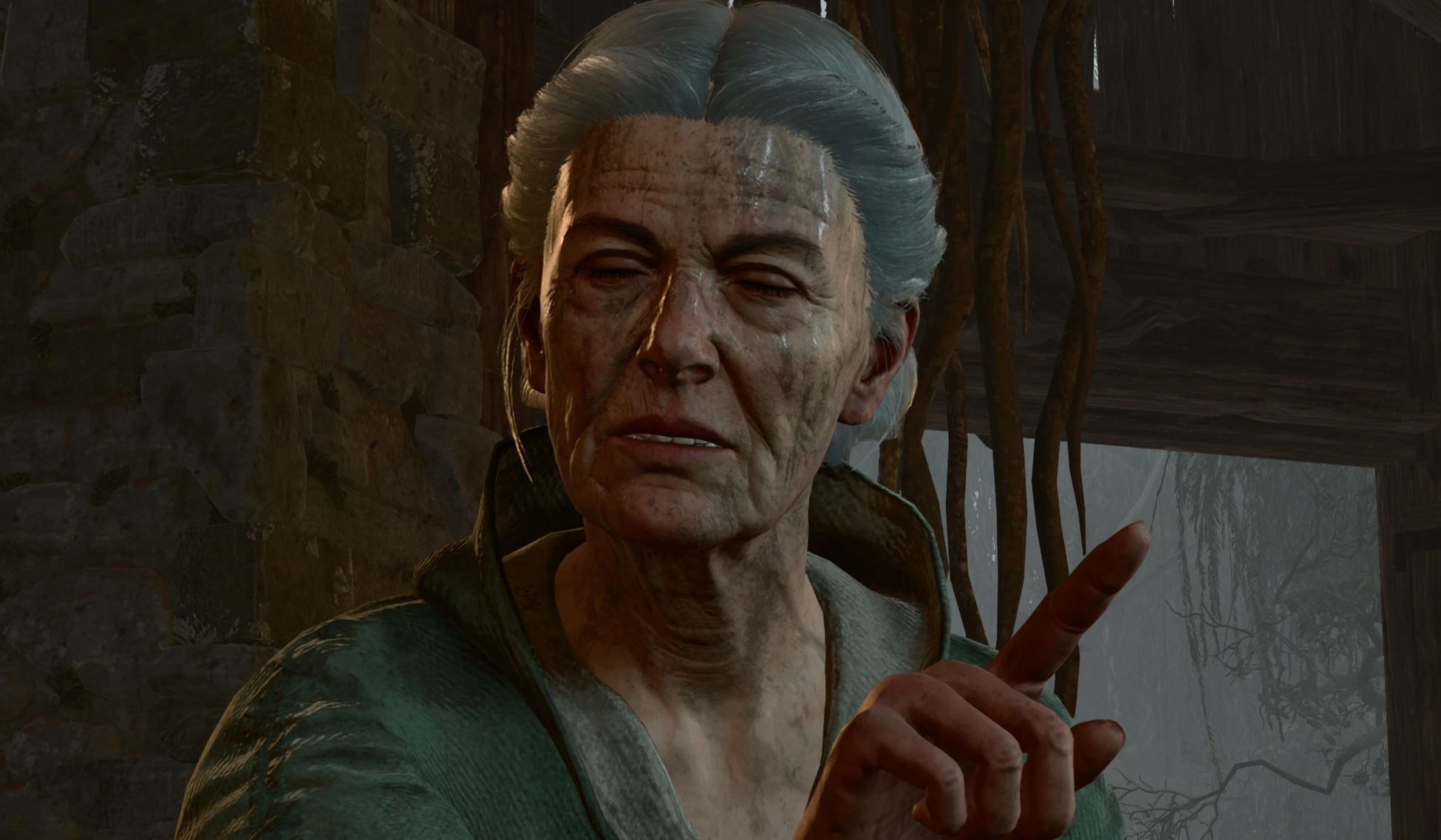
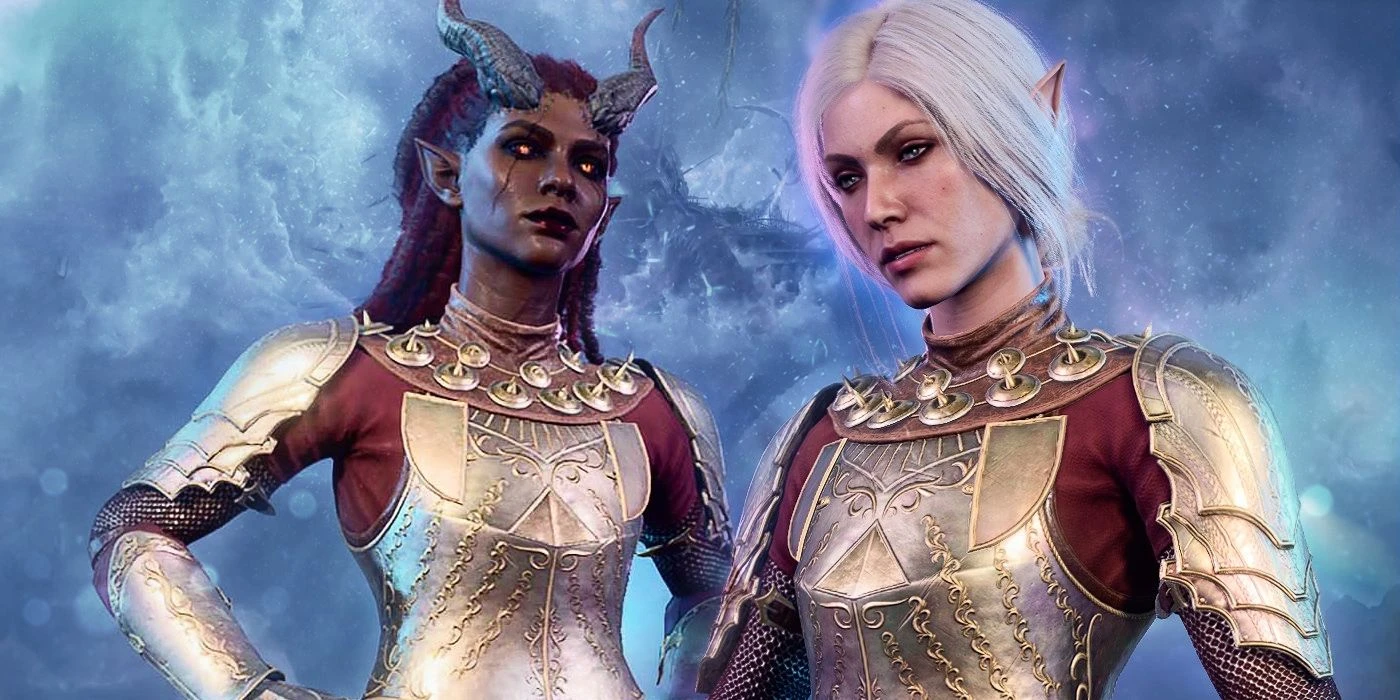
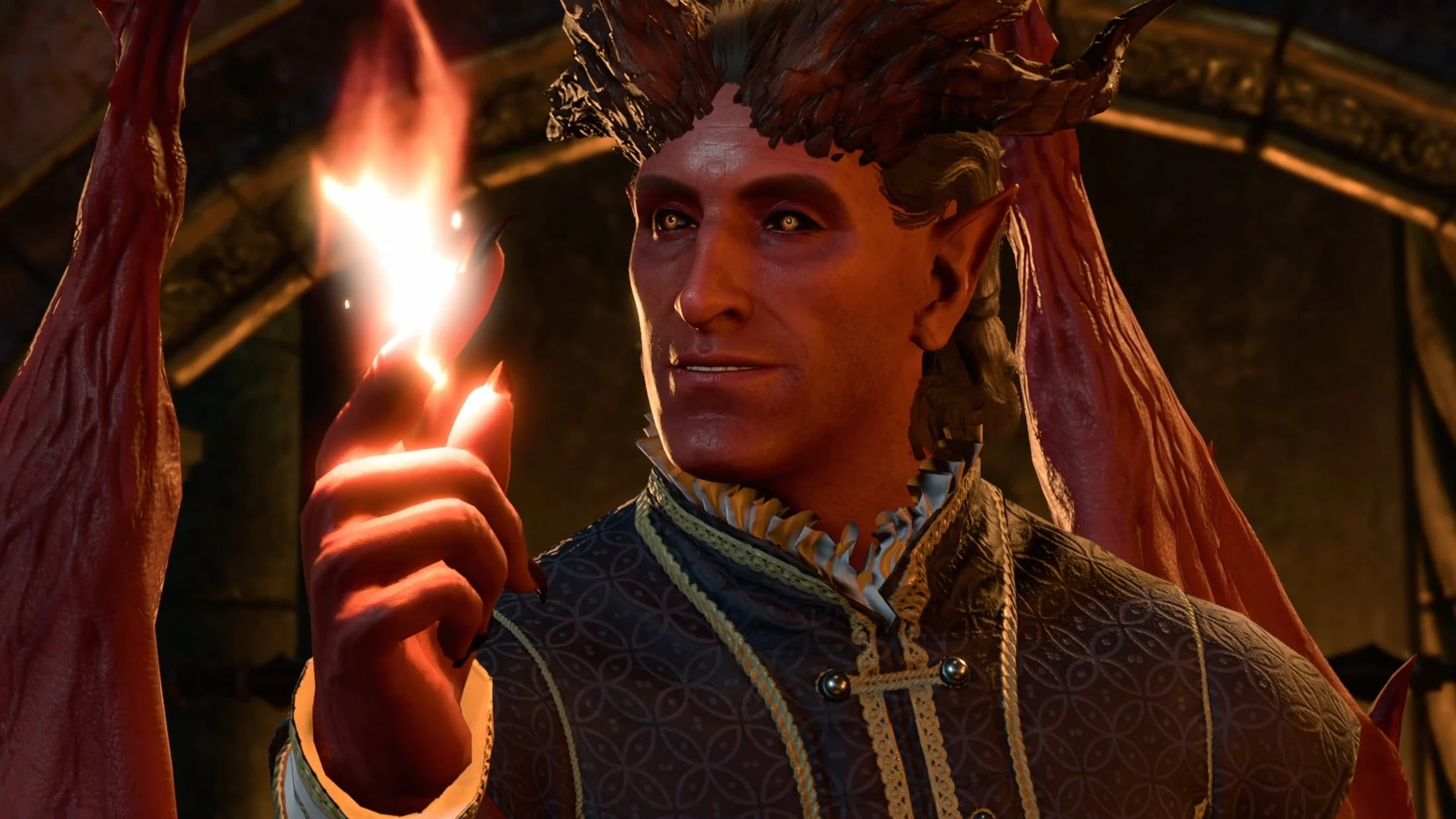
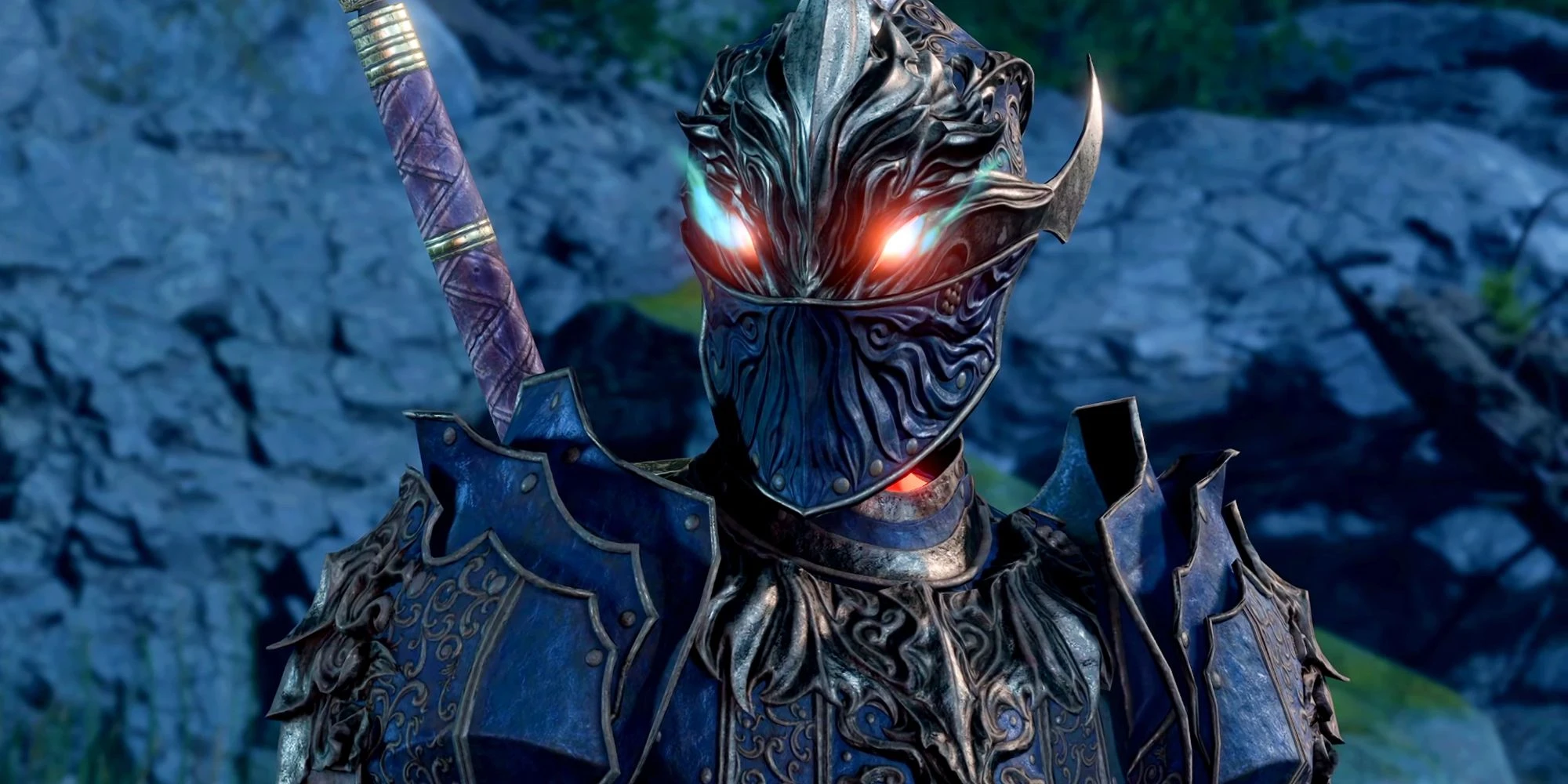



Comments